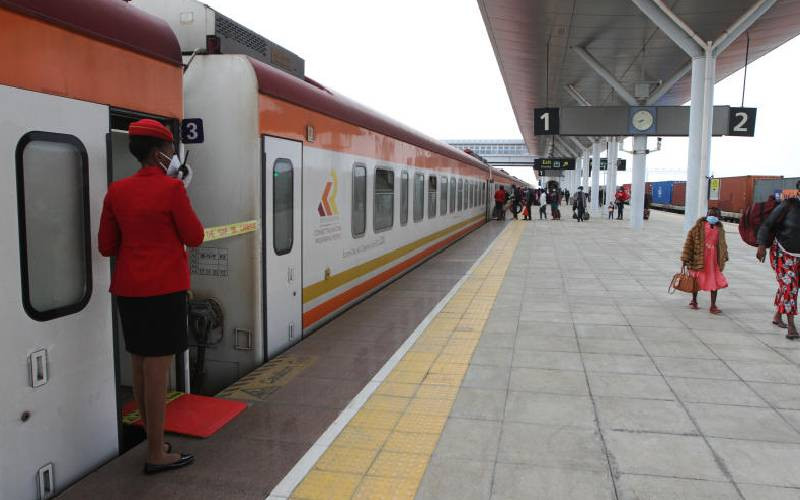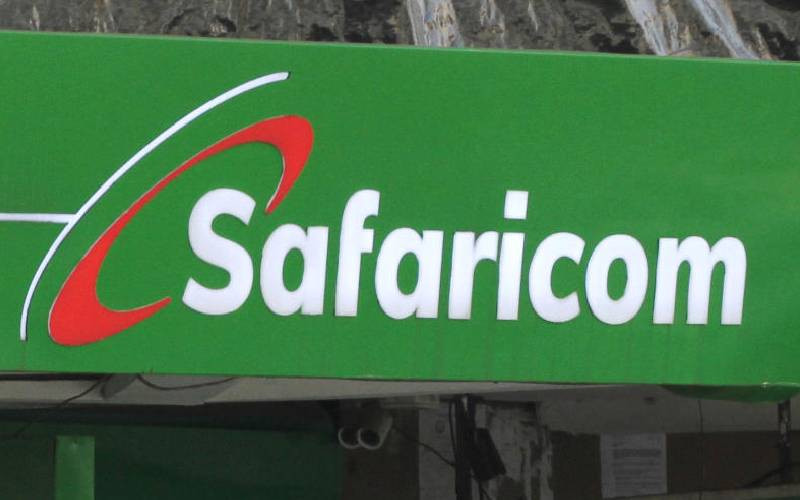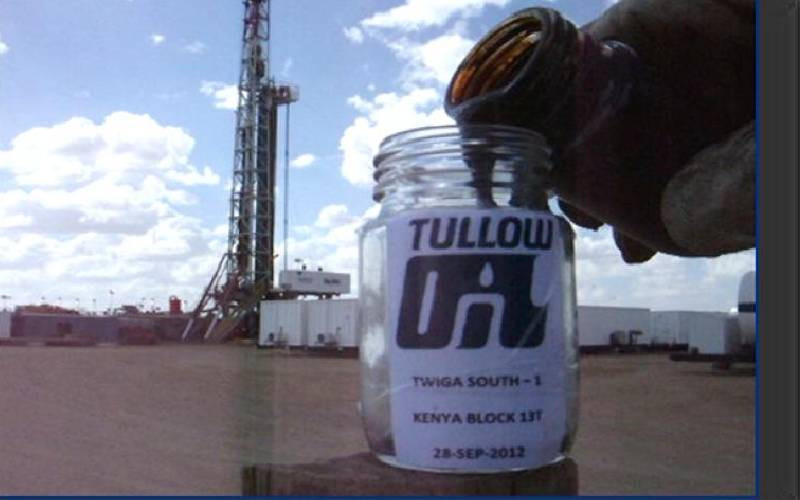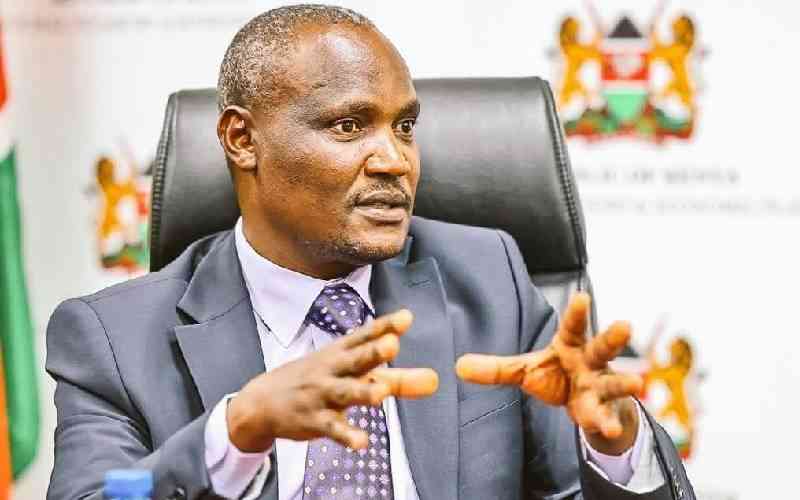×
The Standard e-Paper
Join Thousands Daily
By Allan Olingo
Travelling abroad involves a lot of money. Sometimes poor planning might hurt your finances but if well executed, you might just work within your budgetary limits. It is important to understand the dynamics of spending money abroad so that you do not get unpleasant surprises.







